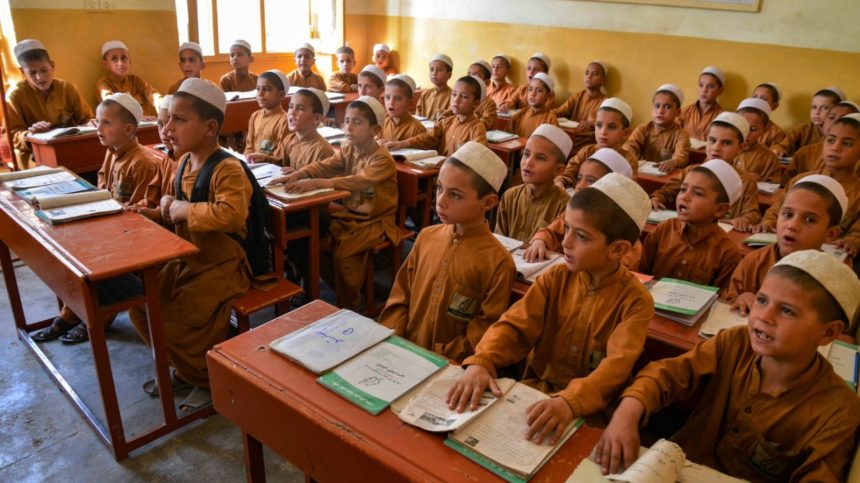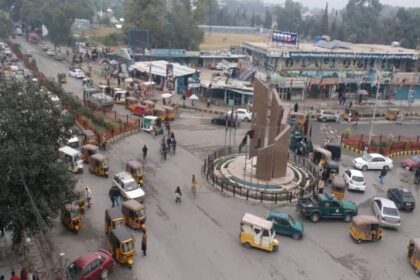RASC News Agency: Afghanistani youths find themselves forsaken by the world, entangled in a harrowing nightmare. Nurtured under a decade of American influence, they once harbored aspirations of pursuing education, only to see the Taliban snatch those dreams away, transforming learning into a wellspring of anguish. In the eloquent words of my grandfather, education serves as a window to the world—an aperture through which one breathes in the intellect of others, shares personal wisdom, and attains liberation. For me, learning is a sacred endeavor, affirming my existence in this world.
As an Afghanistani woman, a quantum physicist, and a scriptwriter/novelist, I am engrossed in crafting film scripts and novels. Yet, the current rulers of my homeland deny my right to exist. I mourn for the sons and daughters of my land, ensnared in the darkness of the Taliban’s grip. I reflect on how my life would unfold there, and how my intellect would weather the confines of their ignorance. I would never savor the intellectual freedom I currently enjoy in the United States. A recent report by Human Rights Watch issues a stark warning about the irreparable harm the Taliban has inflicted upon the education of Afghanistani boys, a plight often overshadowed by the media. The Taliban has assumed control of Afghanistan schools, obliterating elements that enrich the nation’s diversity. Art, sports, civics, and depictions of animals and humans are purged.
They stifle expressions of democracy, human rights, peace, women’s rights, and education. The narratives of poets and eminent writers reflecting diverse cultures are prohibited. The names of revered scholars are obliterated, imposing their narrow perspective—an outlook designed to saturate young minds with violence, intolerance, and extremism. Young boys recount tales of public humiliation by Taliban authorities for possessing a mobile phone, trimming their hair, or donning distinctive, colorful attire. They are paraded before the public, their hair sheared with scissors, and their feet subjected to lashes. One of my relatives, once a standout student, now attends school solely for his father’s sake. He has forsaken dreams of university education. The Taliban mandates that all students dedicate two years to learning their religion, irrespective of their aspirations for further education. He represents those whose futures in the new Afghanistan have been shattered.
In global deliberations on Afghanistan, boys are often overshadowed, as if they do not merit equal empathy with girls. While Taliban laws are more stringent for girls and women, boys also endure suffering. They acquaint themselves with violence as their sole mentor, and they become the sole arbiters of a distorted truth. They endure the whip at school, where Taliban prejudice is the only lesson, and they are confined at home, bereft of a window to glimpse the outside world. The trajectory of these young individuals, as they mature in this dark and obscure milieu, remains uncertain. Should they be held accountable for the purveyors of this darkness?






